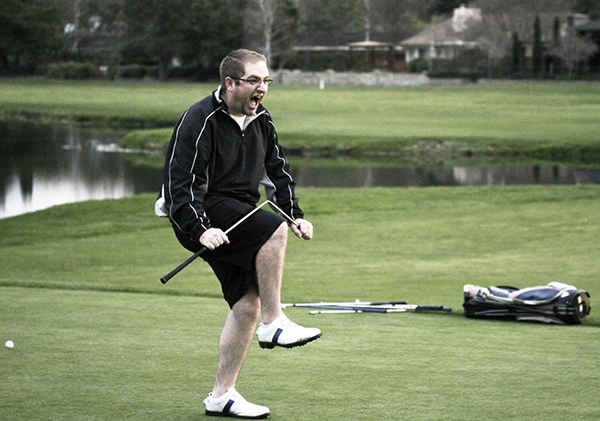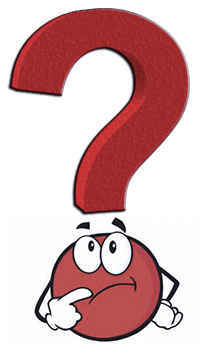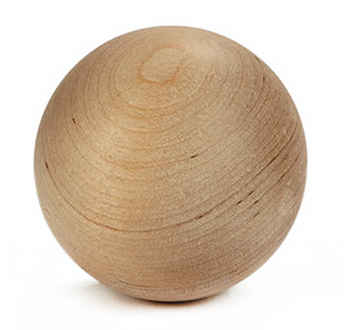Why am i so bad at golf?

Lack of Practice
One of the most significant reasons for struggling in golf is simply not practicing enough. Golf is a skill-based sport that requires consistent practice to improve. Without regular practice sessions, it’s challenging to develop the necessary muscle memory and technique to perform well on the course.
Poor Technique
Even with practice, if your technique is flawed, it can hinder your performance. From the grip on the club to the swing motion, there are many aspects of technique to consider in golf. Without proper guidance or instruction, it’s easy to develop bad habits that can be difficult to break.
Mental Game
Golf is as much a mental game as it is physical. Anxiety, frustration, and lack of focus can all negatively impact your performance on the course. Developing mental resilience and learning to manage emotions under pressure are essential skills for success in golf.
Equipment
Using ill-fitted or outdated equipment can also contribute to poor performance in golf. The wrong club lengths, incorrect shaft flex, or improper club weighting can all affect your ability to strike the ball effectively. Investing in properly fitted equipment can make a significant difference in your game.
Course Management
Navigating the course strategically is crucial in golf. Poor decision-making, example: attempting risky shots or neglecting to account for hazards, can lead to unnecessary strokes. Developing a sound course management strategy can help minimize errors and improve overall performance.
What to do?

If you’re looking to improve your golf game, there are several steps you can take:
- Practice Regularly
Dedicate time to practicing your golf skills consistently. This includes working on your swing, putting, chipping, and other aspects of the game.
- Seek Professional Instruction
Consider taking lessons from a qualified golf instructor. They can help you identify and correct any flaws in your technique, as well as provide guidance on improving your overall game.
- Focus on Fundamentals
Pay attention to the basics of golf, example: grip, stance, posture, and alignment. Solid fundamentals form the foundation for a good golf swing.
- Improve Your Mental Game
Work on developing mental resilience and focus on the course. Practice visualization techniques, relaxation exercises, and strategies for managing emotions under pressure.
- Invest in Proper Equipment
Make sure your golf clubs are properly fitted to your height, swing speed, and skill level. Having the right equipment can make a significant difference in your performance on the course.
- Learn Course Management
Study the layout of the course and develop a strategic approach to each hole. Consider factors – example: wind direction, hazards, and pin placement when planning your shots.
- Play Regularly
Put your skills to the test by playing rounds of golf regularly. The more you play, the more comfortable you’ll become on the course, and the better you’ll understand your strengths and weaknesses.
Remember, improvement in golf takes time and patience. Keep a positive attitude, stay committed to practicing and learning, and you’ll gradually see progress in your game.
Interesting Facts About Golf

Golf balls were originally made of wood. It wasn’t until the 17th century that the first golf balls made of feathers wrapped in leather were introduced.
The longest recorded drive in professional golf history was achieved by Mike Austin in 1974, with a drive of 515 yards during the U.S. National Seniors Open Championship. This incredible feat still stands as the longest drive ever recorded.
The chances of making a hole-in-one for an average golfer are estimated to be around 12,500 to 1. However, for professional golfers, the odds decrease significantly to about 2,500 to 1.
Golf is one of the few sports to have been played on the moon. In 1971, astronaut Alan Shepard famously hit two golf balls on the lunar surface during the Apollo 14 mission.
The term “birdie” originated in the United States in the early 20th century. It was coined when an American golfer named Ab Smith made a great shot and reportedly exclaimed, “That was a bird of a shot!” The term stuck, and “birdie” became synonymous with scoring one stroke under par on a hole.












